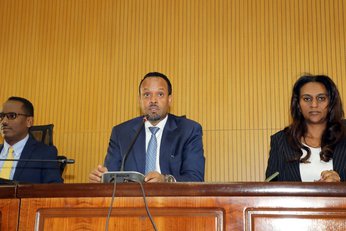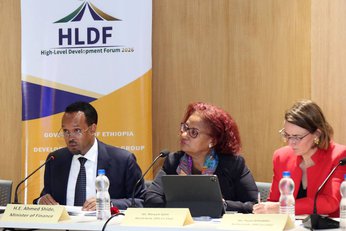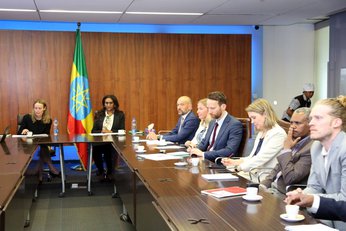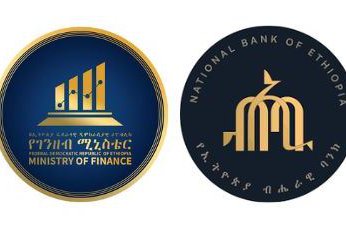Ethiopia Poised to Become Africa’s Leading Pharmaceutical Export Hub with Urgent Strategic Actions
Published: July 19, 2025
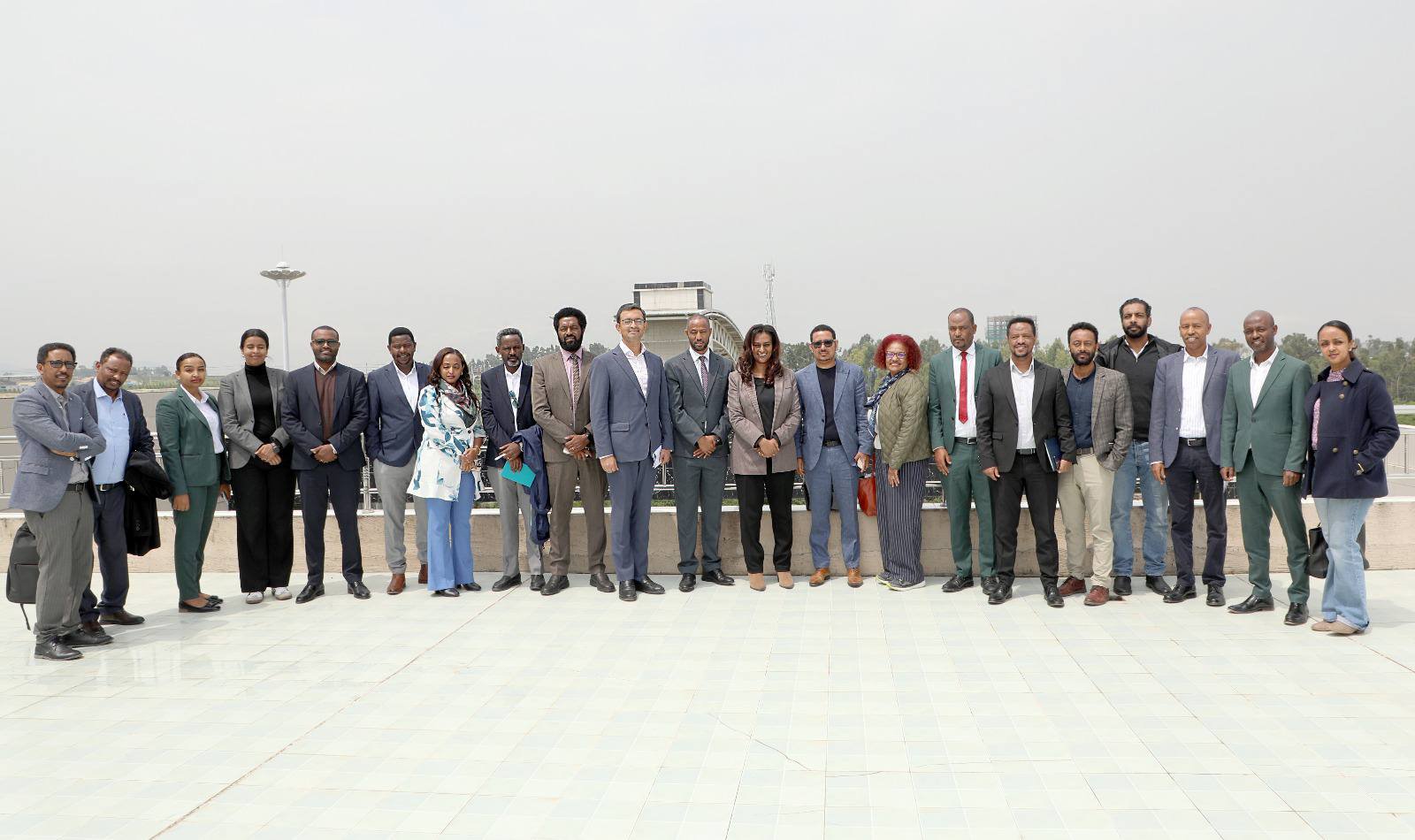
ADDIS ABABA, ETHIOPIA – July 18, 2025 – A high-level meeting convened at Kilinto Pharmaceutical Industrial Park brought together key stakeholders from the Ministry of Finance, the World Bank Group, the International Finance Corporation (IFC), the Ministry of Health, the private sector, and the Industrial Park Development Corporation (IPDC). The gathering underscored Ethiopia’s firm commitment to transforming its pharmaceutical sector and establishing itself as Africa’s premier pharmaceutical export hub.
H.E. Semereta Sewasew, State Minister of Finance, highlighted Ethiopia’s strategic investments in specialized industrial parks offering ready-made factory spaces, advanced infrastructure, and tailored services for pharmaceutical companies. These initiatives significantly reduce startup costs and operational barriers. She emphasized the sector’s critical role in ensuring affordable medicines, driving import substitution, and creating jobs for Ethiopia and the wider continent. While acknowledging that initial returns have sometimes fallen short of expectations, she stressed that “the next phase of reforms will focus on aligning regulatory and operational environments to attract greater investment into the pharmaceutical sector.”

To accelerate growth, the government is fast-tracking regulatory reforms, including expedited drug approval processes, establishing the Ethiopian Food and Drug Authority (EFDA) to ensure rigorous quality control, and harmonizing regulations with regional standards to facilitate exports. Attractive incentives such as tax holidays, duty exemptions, land lease support, and preferential electricity tariffs further bolster investor confidence.
Ethiopia is actively promoting local pharmaceutical production through technology transfer, capacity building, and expanding pharmaceutical education to develop a skilled workforce. Public-private partnerships and collaborations with international firms are also being encouraged. Leveraging Ethiopia’s robust logistics network and trade agreements like the African Continental Free Trade Area (AfCFTA), the country aims to become the continent’s leading pharmaceutical manufacturing and export hub.
Maryam Salim, Division Director for Eritrea, Ethiopia, South Sudan, and Sudan at the World Bank, reaffirmed the institution’s strong confidence in Ethiopia’s potential. She noted that Ethiopia is among only five countries globally prioritized by the World Bank for pharmaceutical sector development. “We’re placing our bets on Ethiopia,” she said, signaling ongoing partnership and support for the country’s ambitious vision.

The delegation visited Africure Pharmaceuticals Ethiopia, where Dr. Tadesse Teferi highlighted the country's young population as a vital economic asset, especially in health. While market access has improved, securing working capital remains a challenge, and he urged continued support from the World Bank to address financing gaps, boost exports, and help Ethiopia become a leading player in Africa’s pharmaceutical and biotech industries.
Recent legislative reforms have exceeded expectations, notably by expanding frameworks such as Authorized Economic Operators (AEOs), which are key to streamlining supply chains. Despite persistent challenges, Ethiopia’s industrial parks are rapidly becoming “centers of attraction” for investors drawn by the country’s vast market potential. Additionally, Ethiopia’s extensive infrastructure network—including Ethiopian Airlines’ connectivity—opens export opportunities beyond East Africa to markets as far as Asia.


